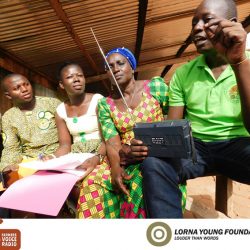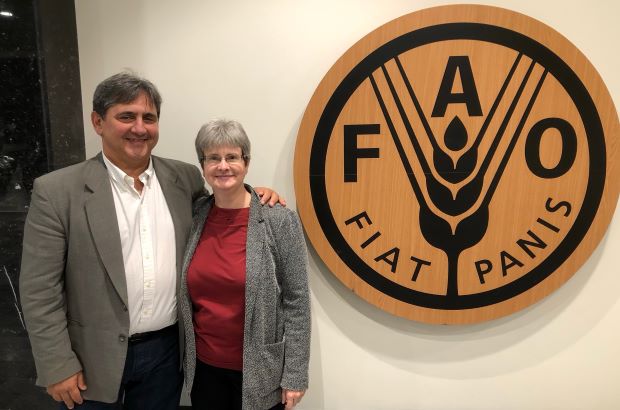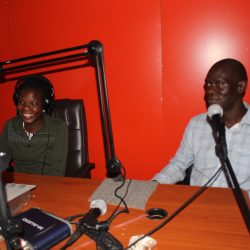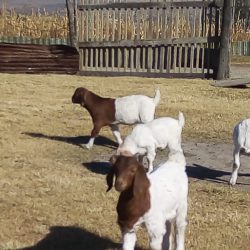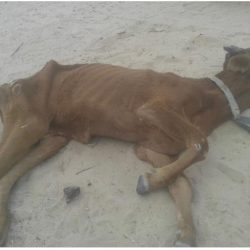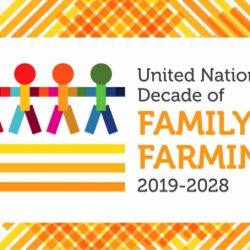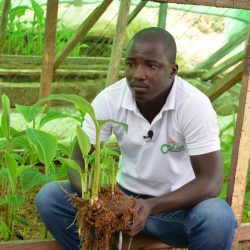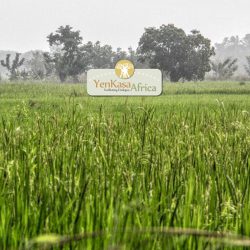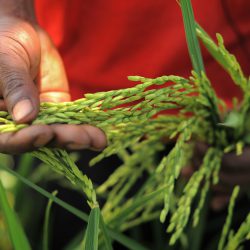Farmers’ Voice Radio resources enable African smallholders to access knowledge they need to succeed
On Thursday 13th February 2020, the Lorna Young Foundation (LYF) will launch its FARMERS’ VOICE RADIO initiative. In solidarity with World Radio Day, the LYF will unveil both its new Farmers’ Voice Radio brand and its website. The website has been designed to give away, for FREE, the LYF’s Farmers’ Voice Radio methodology and resources, so that the world’s poorest smallholder farmers—who are in desperate need of information, learning and

